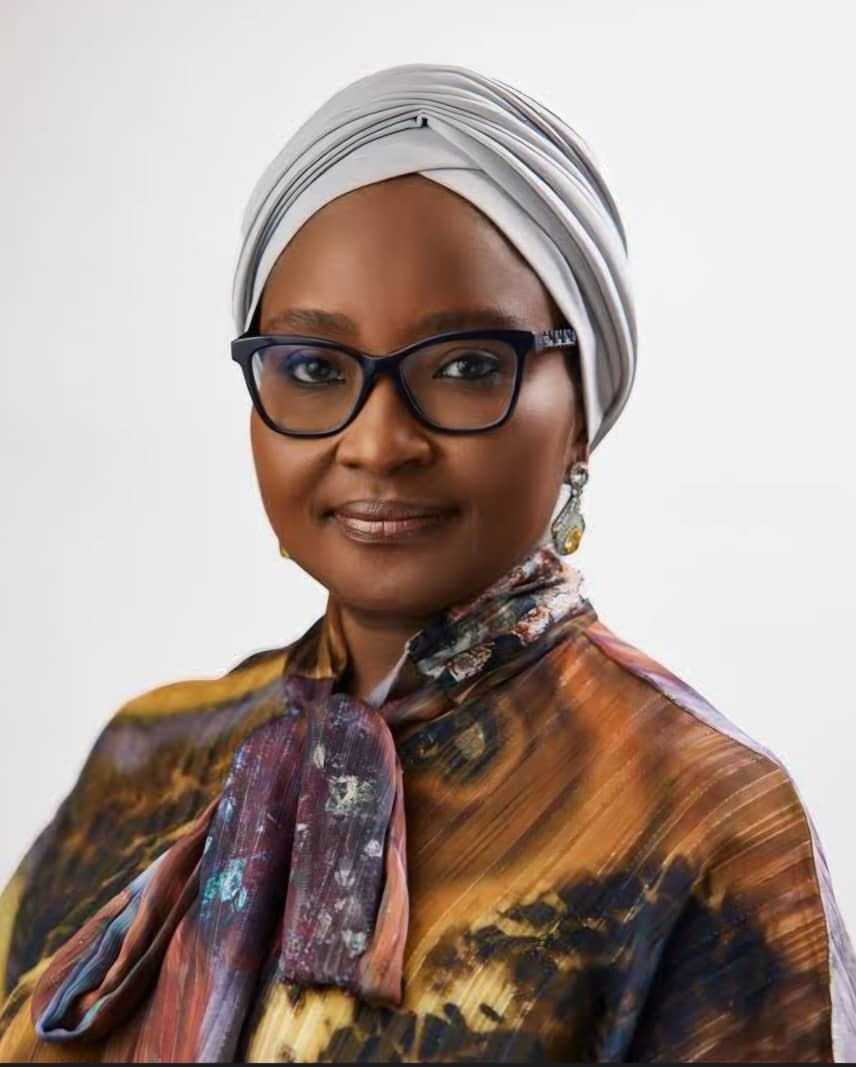As the global community marks the International Day Against Drug Abuse and Illicit Trafficking, the Association of Community Pharmacists of Nigeria (ACPN) urged the government and relevant agencies to enforce stricter controls on the distribution and sale of controlled substances and close the leakage points that allow prescription drugs to enter the illicit market.
National Chairman of ACPN, Ambrose Ezeh, who made the call on Thursday, decried the devastating consequences of drug abuse and illicit trafficking on individuals, families, communities, and the country.
Ezeh noted that community pharmacists, as trusted, accessible healthcare providers on the frontlines, witness firsthand the silent crisis of substance abuse in the communities, especially among the youth.
He stated that drug abuse fuels mental health disorders, crime, school dropout, family breakdown, premature deaths, cripples dreams and sabotages national development.
Ezeh reaffirmed the association’s commitment to the fight against drug abuse and called for urgent, coordinated, and sustained actions to combat this public health menace in the country.
He said, “Every tablet sold without prescription, every codeine cough syrup diverted, and every hard drug traded illegally is not just a crime, it is a threat to our collective future. The theme for this year’s celebration, “The Evidence is Clear: Invest in Prevention,” resonates deeply with our vision at the ACPN. It reminds us that we must shift our focus from reaction to prevention.”
“ACPN for more than a decade has demonstrated a concern for massive awareness Creation through our National Anti-Drug Abuse competition among students in secondary schools nationwide. And the essence of this annual competition is for prevention and also to dispel the minds of younger generations against the consequences of drug abuse, which aligns with the UNODC Strategic plan for substance Abuse,” he said.
Ezeh called on parents, government, security agencies, religious and traditional leaders to intensify their roles in prevention, education, early intervention, and rehabilitation.
He emphasised the need to strengthen the Regulatory Environment to have a drug-free Nigeria:
Ezeh observed that community pharmacists must be given a central role in identifying early signs of drug misuse and providing counselling, referrals, and rehabilitation support and also be involved in school-based and grassroots education programmes.






